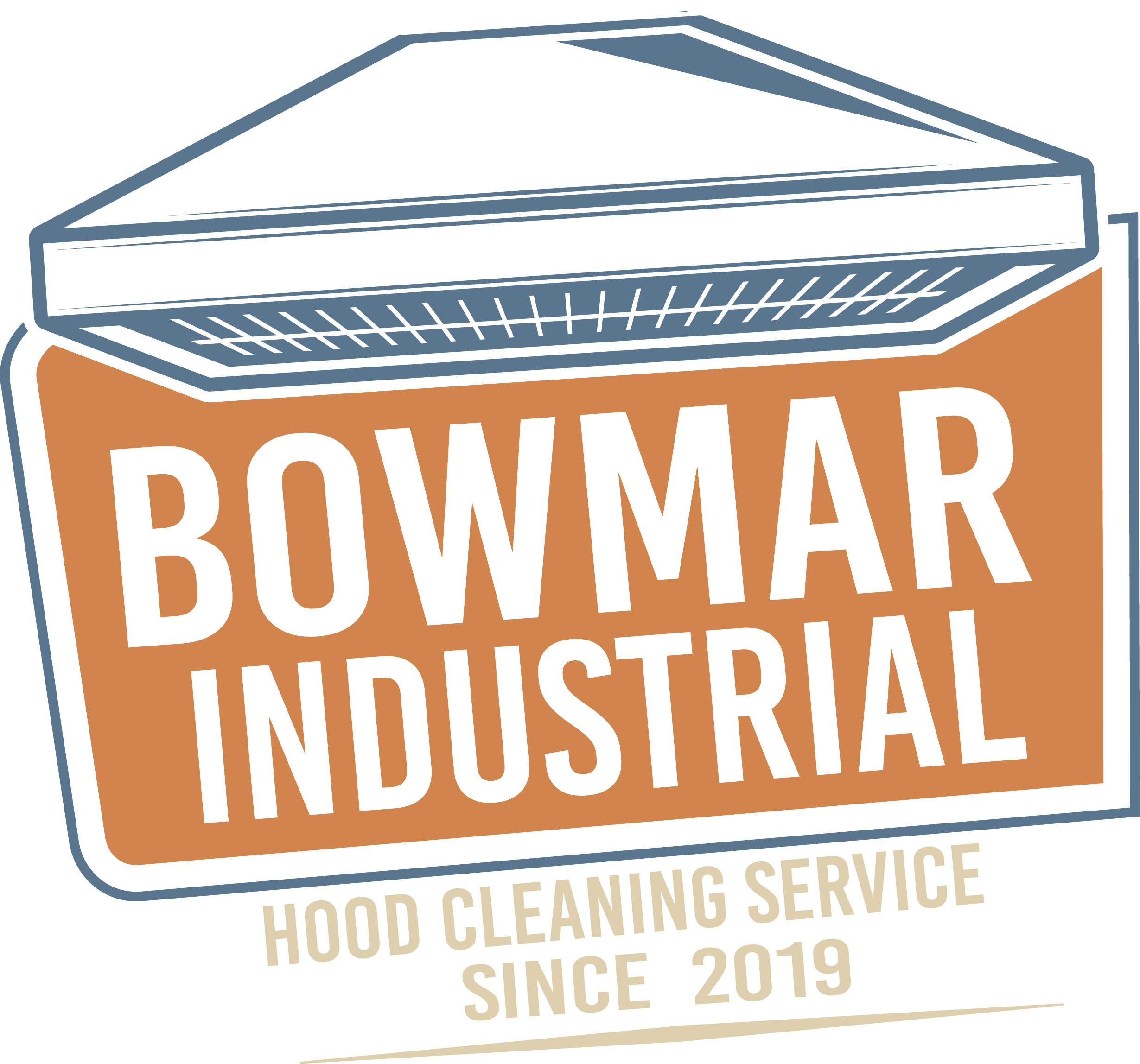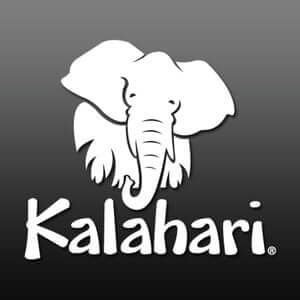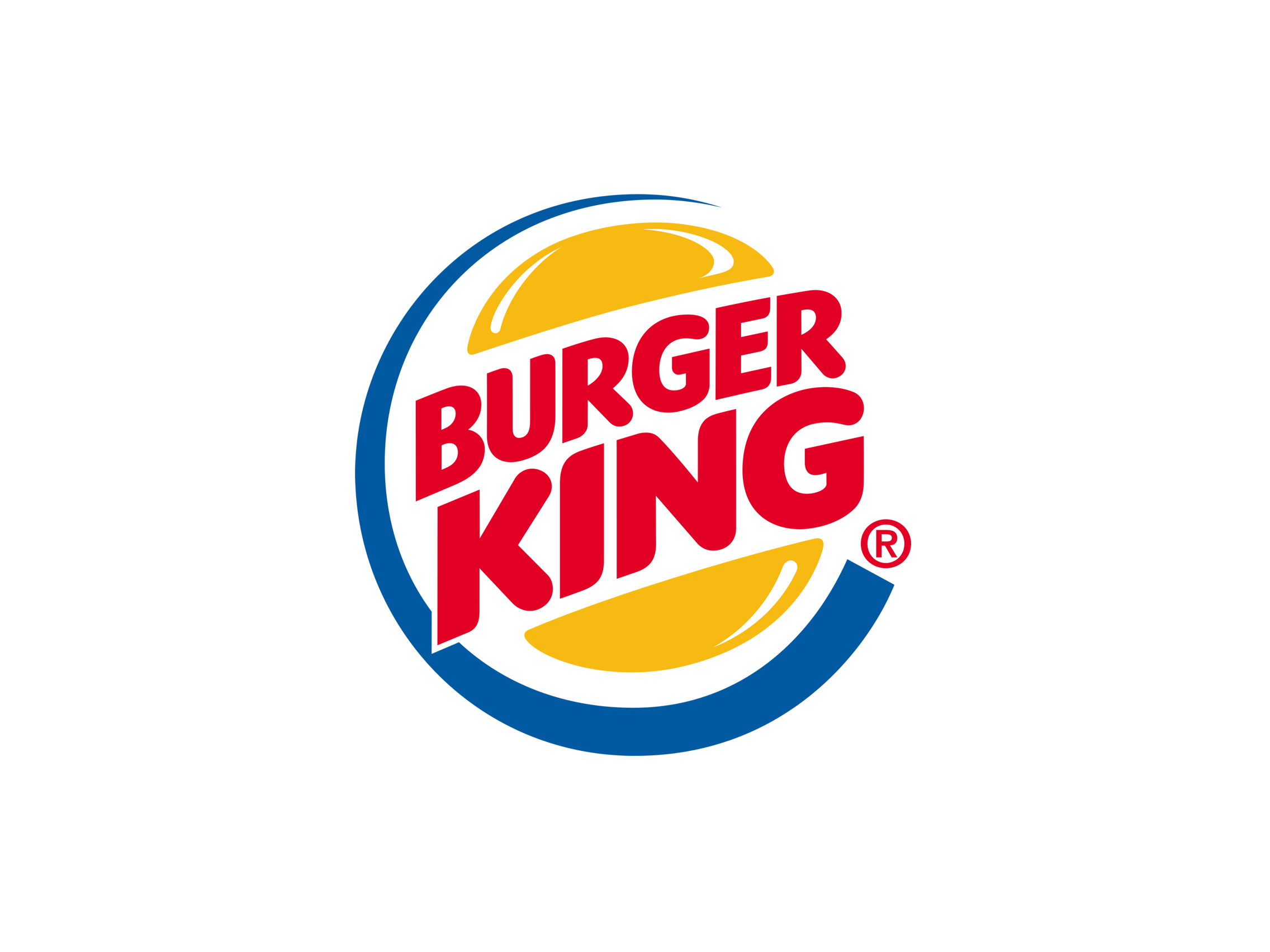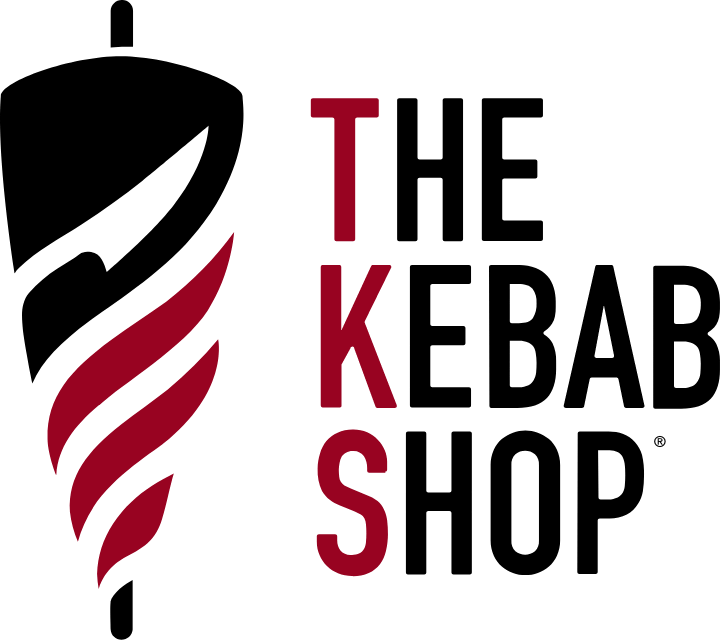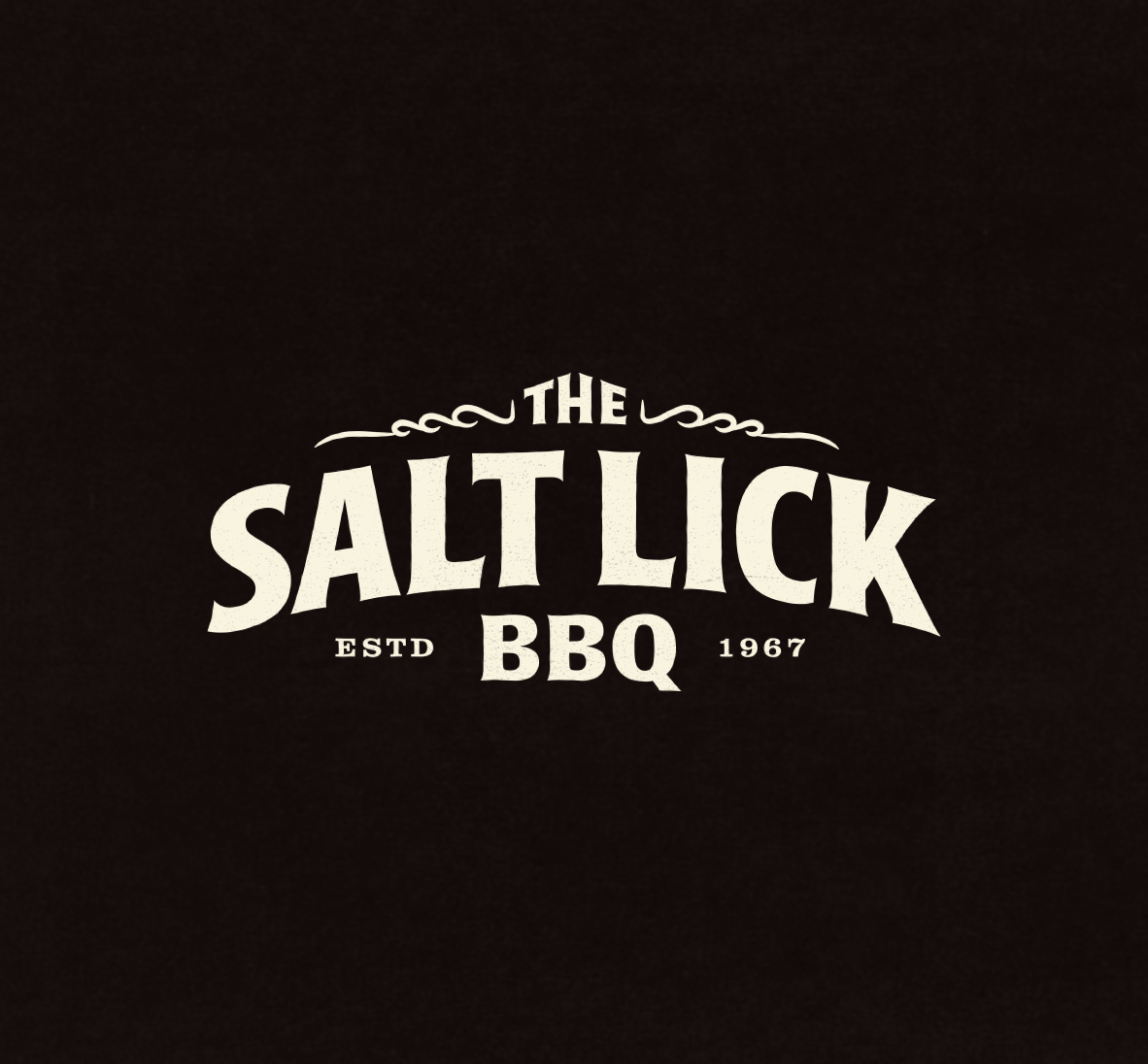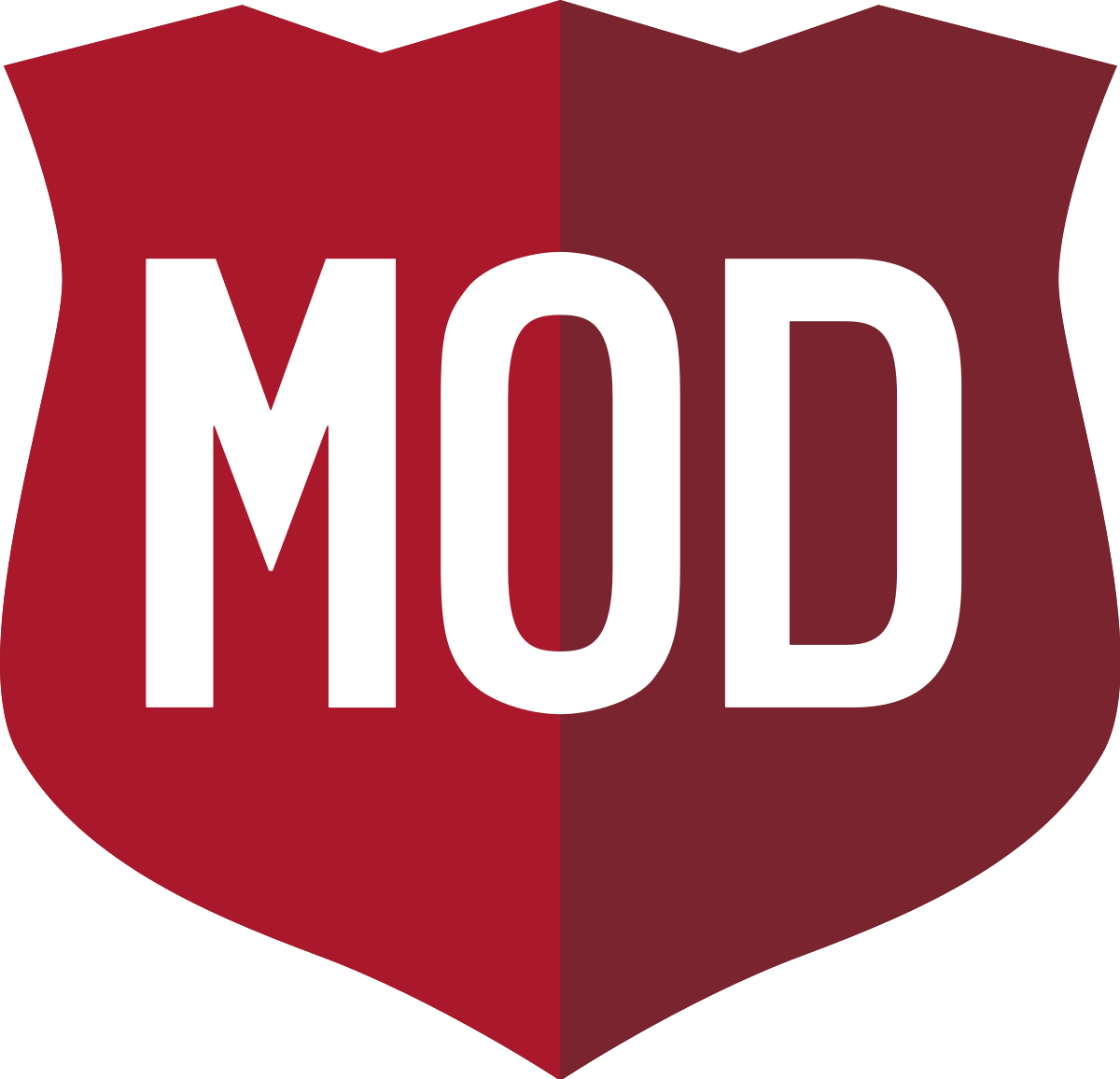Professional Hood Cleaning Service Austin & San Antonio
Your Restaurant’s Hidden Fire Risk Could Close Your Doors Tonight
Every night when you lock up, your commercial kitchen harbors a silent threat. Grease vapor from your cooking operations travels through your exhaust system, coating every surface from hood to rooftop fan. This invisible buildup transforms your ventilation system into a potential fire hazard that could destroy everything you’ve built.
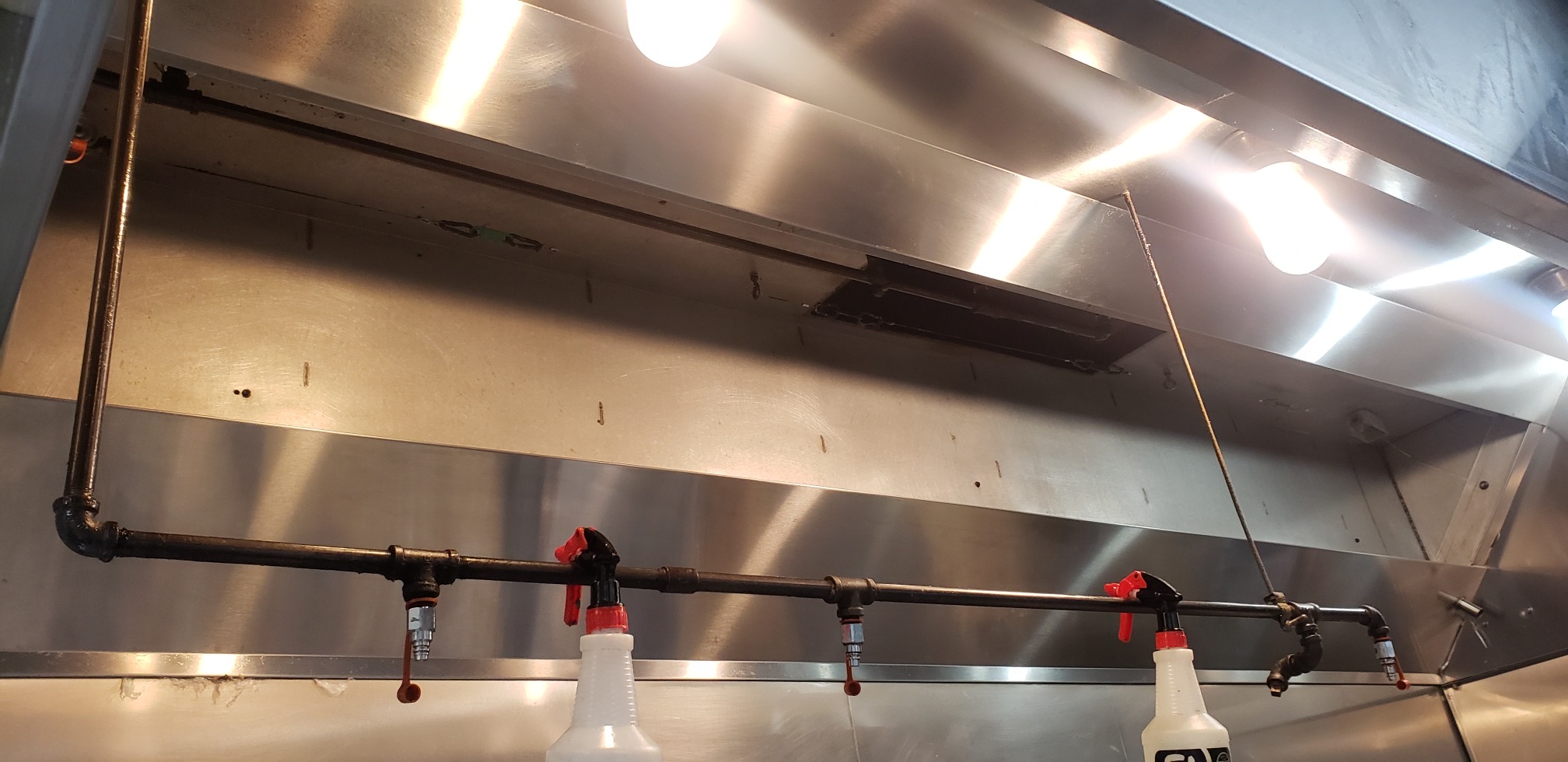
The Stakes Are Higher Than You Think
Austin and San Antonio restaurant owners face a harsh reality: 22% of restaurant fires stem from inadequate kitchen exhaust cleaning, according to the National Fire Protection Association. When fire strikes, the consequences extend far beyond property damage.
Immediate Threats:
- Emergency closure by fire marshal (3 days to comply or face shutdown)
- Insurance claim denials for preventable fires
- Daily fines until compliance is restored
- Staff injuries and potential lawsuits
Long-Term Consequences:
- 43% of restaurants that experience fires never reopen
- Reputation damage that persists for years
- Lost revenue during repairs and rebuilding
- Permanent loss of loyal customers and staff
Your kitchen exhaust system pulls grease-laden vapors through ductwork, creating what fire experts call “a fuel holding tank within your building’s ventilation system.” Without proper cleaning, you’re not just risking a fire, you’re creating the perfect conditions for one.
NFPA Hood Cleaning Frequency Requirements
Austin and San Antonio fire marshals enforce NFPA 96 standards that mandate specific cleaning frequencies based on your cooking operations. These aren’t suggestions—they’re legal requirements that determine whether you pass inspection or face closure.
Critical Compliance Deadlines:
Monthly Cleaning Required: Charbroiling operations, wok cooking, solid fuel cooking, 24-hour operations
Quarterly Cleaning Required: Full-service restaurants, fast food, high-volume operations
Semi-Annual Cleaning: Moderate-volume operations like pizza shops
Annual Cleaning: Low-volume operations such as senior centers and churches
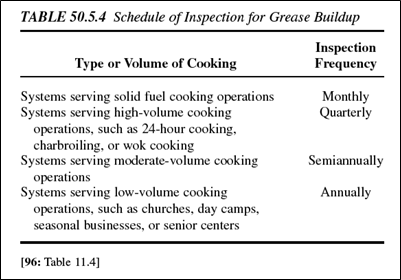
Grease Depth gauge comb
A Grease Depth Gauge Comb is the tool used by commercial kitchen exhaust system inspectors to determine the severity of grease build up in your system. This tool measures your grease build up in Microns, from the acceptable level of build up of 50 Microns to the critical depth level of 3175 Microns. If you kitchen exhaust system measures 3175 Microns or hire, you are at severe risk of having a restaurant fire break out and if inspected by your local Fire Marshal, will result in a “Red Tag” leaving you with 3 days to get it corrected or risk of being shut down and potential fines.
Who is Responsible?
As restaurant owners and manager, it is really important to be aware of this information regarding when and how to identify if you are in need of hood cleaning services. According to NFPA 96, Section 12.1.4.1, responsibility for compliance….shall be that of management of the commercial cooking operation and inspection and maintenance shall be conducted by properly trained and qualified persons. Inspection and maintenance reports are also to be submitted to your local municipalities for record keeping through an online portal that is available to qualified persons.
Hassle Free Hood Cleaning Services
Commercial kitchen and restaurant owners and operators have a lot of important processes to oversee. Kitchen exhaust cleaning is one area that can be automated allowing restaurant and kitchen staff to focus on revenue generating activities. Our team of professionals at Bowmar Industrial Services is committed to delivering a hassle free, automated hood cleaning service.
- Automated Scheduling – Recurring schedule based on the NFPA 96 hood cleaning schedule. We contact you when your kitchen hood cleaning service is due.
- Annual Contracts – Save up to 15% on your hood cleaning services if you choose an annual contract.
- Easy Service Entry – Our certified, insured technicians access your location after hours to perform our kitchen hood cleaning services.
- Automated Before/After Pictures – Before and after pictures are taken and shared with you upon the completion of our exhaust cleaning service.
- No Contractors – As a professional kitchen hood cleaning company, we never contract out technicians to complete your hood cleaning. We only use our trained technicians.
Hood Cleaning FAQs
How often should my restaurant's hood system be cleaned?
According to NFPA 96 standards, cleaning frequency depends on your cooking volume and methods. High-volume operations with charbroiling or wok cooking require monthly cleaning, while moderate-volume full-service restaurants need quarterly service. Churches and senior centers with low-volume cooking may qualify for semi-annual cleaning. Our guide on Hood Cleaning Frequency by Restaurant Type provides detailed requirements for specific restaurant categories.
What are the consequences of skipping hood maintenance?
Skipping hood maintenance can result in severe consequences including fire department fines, insurance claim denials, and potential business closure. The National Fire Protection Association reports that failure to clean is the leading factor in 22% of restaurant fires. Beyond immediate safety risks, you face increased insurance premiums, equipment damage, and legal liability. Read our comprehensive article on The Real Cost of Skipping Hood Maintenance to understand the full financial impact.
What's included in professional hood cleaning service?
Professional hood cleaning includes comprehensive cleaning of your entire exhaust system to bare metal standards. This covers the hood interior, filters, ductwork, and exhaust fan. Our certified technicians also provide before-and-after photos, compliance documentation, and identify any system issues. We follow NFPA 96 requirements and provide certificates for fire marshal inspections. Learn more in our Complete Guide to Commercial Kitchen Hood Cleaning.
Do I need special fire extinguishers for my commercial kitchen?
Yes, commercial kitchens require Class K fire extinguishers within 30 feet of any cooking equipment, as mandated by the Texas Department of Insurance. Standard ABC extinguishers are also required for dining areas. Monthly inspections and annual professional maintenance are legally required. Our article on Fire Extinguisher Mistakes That Could Shut Down Your Restaurant explains the specific requirements and common compliance errors.
How do I know if my hood system needs immediate cleaning?
Warning signs include visible grease dripping from hood seams, reduced airflow causing smoke to linger in your kitchen, unusual odors from rancid grease buildup, or any flash fires in your hood. If a fire marshal notes concerns during an inspection, immediate action is required. Our technicians can perform a free evaluation to assess your system’s condition. Contact us at (512) 861-5841 if you notice any of these warning signs.
What documentation do I need for fire marshal inspections?
Fire marshals require current service certificates showing your last cleaning date, before-and-after photos demonstrating bare metal cleaning, and a maintenance schedule proving regular service intervals. All cleaning must be performed by certified technicians following NFPA 96 standards. We provide all necessary documentation and maintain digital records for your convenience. Our team also offers filter exchange services to help maintain compliance between cleanings.
Small sample of Who we serve…
Certifications
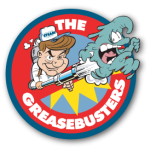
Greasebusters Dealership for Commercial Hood Cleaning Services
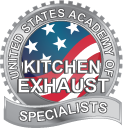
United States Academy of Kitchen Exhaust Cleaning Specialists
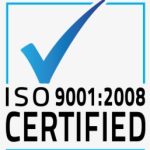
ISO 9001:2008

NFPA 96 Compliant
About US
We service thousands of kitchens in the Greater Austin and San Antonio area of Texas. Bowmar Industrial Services is your local Greasebusters Dealership. Our cleaning technicians are certified USAKE Specialists and stand behind our company values to ensure our clients are delivered the highest quality service they would expect
CONNECT WITH US
